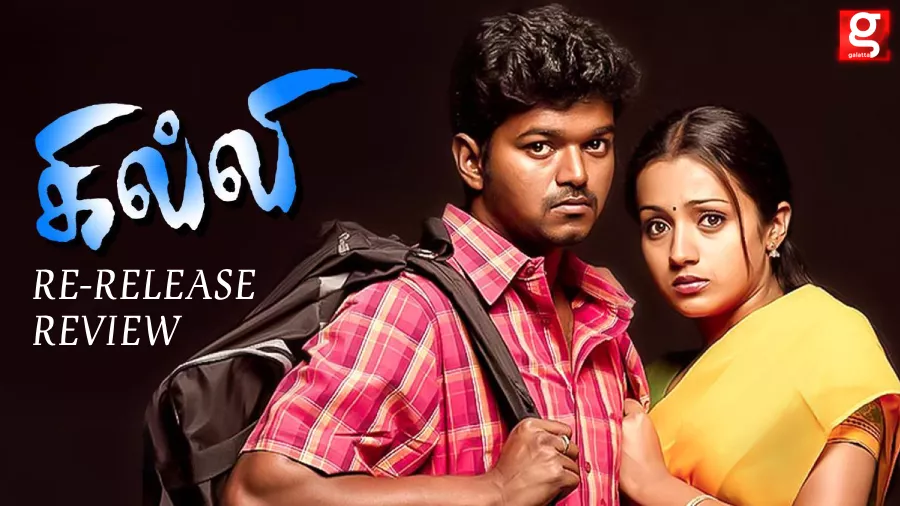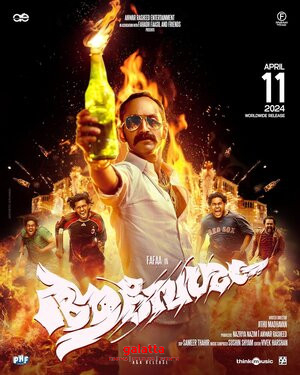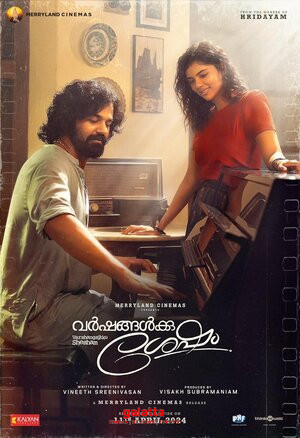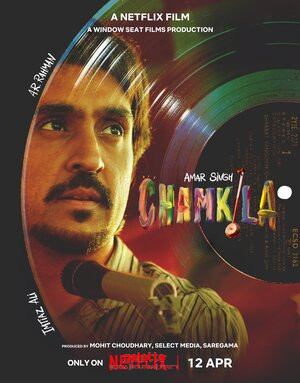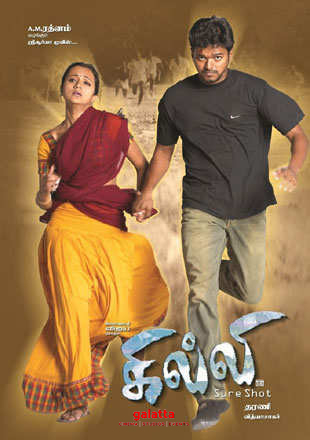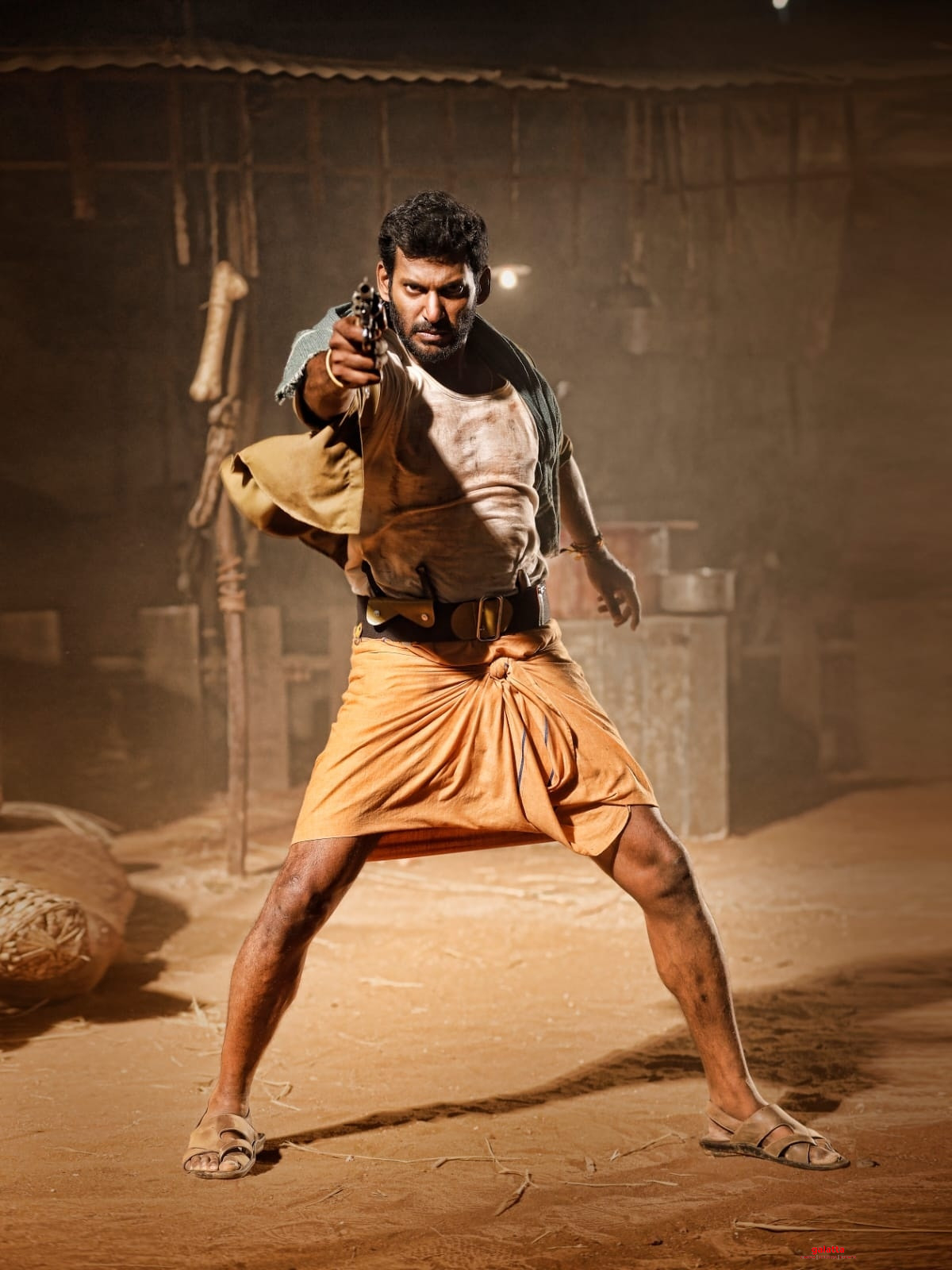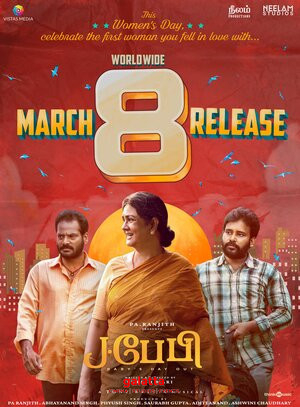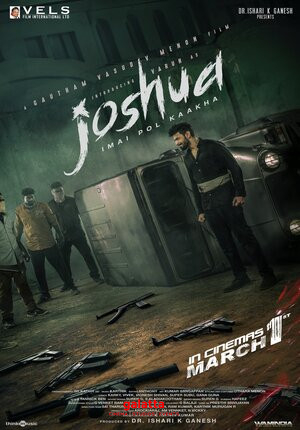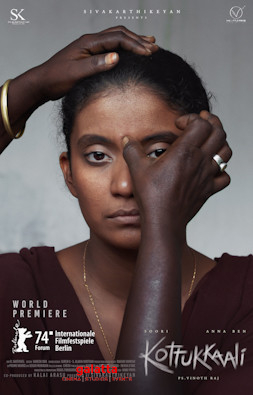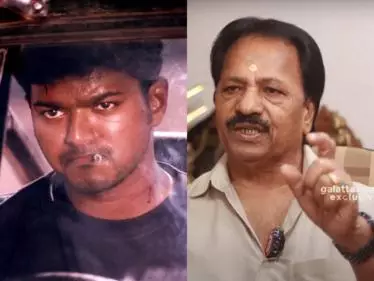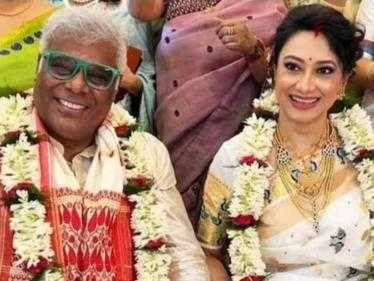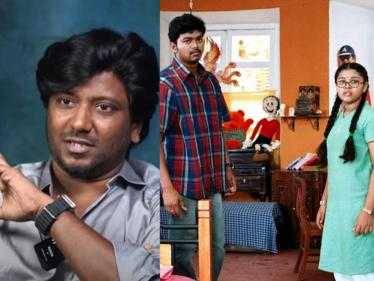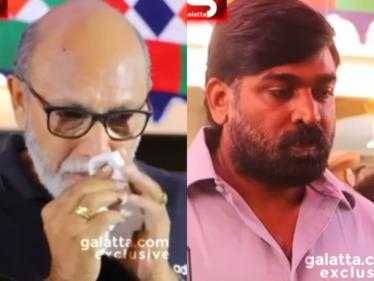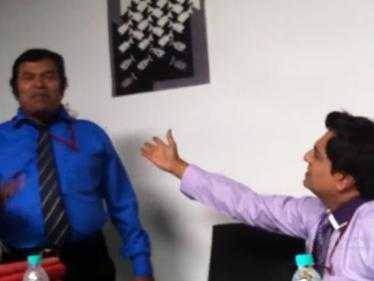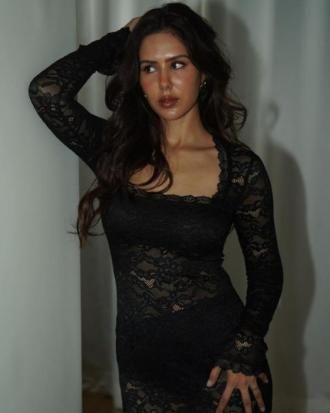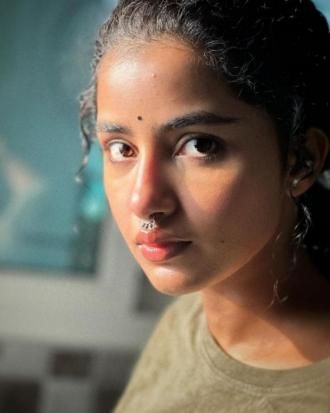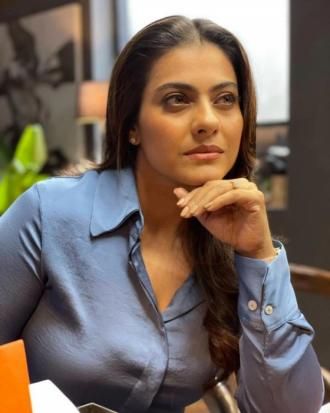Ghilli Movie Cast & Crew
Let’s go back to April 17, 2004, the day Ghilli was released. The new millennium had seen the emergence of a new generation of filmmakers: Bala in December 1999 (so you can cheat a bit and include him among the millennial directors), Gautham Vasudev Menon in 2001, Ameer and Selvaraghavan in 2002. But even amidst this change, the good old masala-action movie ended up thriving, and Dharani was one of its major champions. He made a mark with Dhill in 2001, delivered a bigger blockbuster with Dhool, in 2003, and he scored a hat-trick with Ghilli. Despite the new-age directors and their new-age films, the masala movie clung on and remained the go-to genre if you wanted to become a big hero. Vikram was praised for Sethu, but Dhill refashioned his image, just like Run refashioned Madhavan’s image, and Thirumalai and Dheena refashioned the images of Vijay and Ajith.
I still remember the excitement of watching some of these films in a theatre, with a much blacker beard. The pace was different from, say, the Vijayakanth and Arun Pandian action movies. The camerawork and the choreography felt new. The sentiment was handled in a fresher, more irreverent fashion. And with this new breed of action stars, the films felt younger, and they were not afraid to be silly in order to draw laughs even as they got serious whenever needed. And best of all, there was a sense of inventiveness. Take Ghilli, for instance, which was adapted from Gunasekhar's Okkadu, starring Mahesh Babu and Bhumika Chawla. The excellent Telugu version was essentially one long chase, and the romance did not happen until the movie was almost over. You’d have thought they’d make changes for the Tamil remake – but no!
There is no major face-reveal shot for the hero. The hero saves the day, sure, but he is not the superhero from today’s “mass” movies. There is still a semblance of narrative arcs and character arcs. The villain is both comic and cruel. Watching Prakash Raj play one of his most famous parts, I was reminded of how Fahadh Faasil’s character was designed in Aavesham. We’re watching a similar blend of an OTT cartoon and a killer. Best of all, the conflict has already begun before the hero is in the picture. The fact that Prakash Raj’s character loves his “chellam”, played by Trisha, is something that has been going on long before she accidentally bumps into the saviour-hero, played by Vijay. Seen today, it’s remarkable that Trisha and Vijay – as Dhanalakshmi and Velu – hardly get any scenes alone. Even her name is never mentioned to him. He sees it for himself in her certificates.
It’s the same about her backstory. In order to keep things moving, Dhanalakshmi tells Velu about her tragedies in the midst of the explosive Arjunaru villu song sequence – so we never hear her speak to him about anything but the most practical matters. (And of course, we must add that all of Vidyasagar’s songs are explosive, especially Appadi podu. This was played so much on the TV music channels of the time that I even recognised the faces of the background dancers.) This aspect of abandoning any scene that might hint at a romance serves Vijay very well. The playful, boyish-hero persona is maintained from start to finish. Velu is a champion kabaddi player. To him, saving Dhanalakshmi is like another game. To him, winning means getting her away from the bad guy, not getting her to love him. Vijay is in great form, and frankly, I was relieved – then and now – that he switched tracks from those Kaadhalukku Mariyadhai-type weepies. Sorry guys, I know some of you are fans. But those films are a little too good-hearted and noble for my taste.
A memorable hero. A memorable non-love track with the heroine. A memorable villain. Memorable songs. A super-memorable interval block. Ghilli has it all. Even the opening fight is memorable. Seen today, the execution may seem crude, but look at the ambition, the imagination. It’s not just the lazy “one punch sends a henchman flying”-type stunt scene we see even today, sadly. The parkour-style action (long before Casino Royale made parkour-style action cool in 2006) happens on a terrace. There’s the danger of traffic below, and almost every bit of building structure is used as a prop. Even the non-action writing is interesting. You think Dhanalakshmi is going to get eve-teased in a scene, but she runs into a cop, and that turns into a domestic comedy sequence, and then – in the blink of an eye – we switch to a father-son chase across rooftops.
Of course, a lot of this credit goes to the Telugu original – but Dharani keeps the engine running smoothly. And there’s enough of a difference between the way Mahesh Babu and Vijay play the protagonist. Watching the two films side by side is to watch two actors in the early stages of becoming huge action-stars, and a lot of what we see of Vijay and Mahesh Babu today goes back to Ghilli and Okkadu. I left the theatre with a slight sadness. Twenty years ago, “writing” was still a major component of the masala movie. It was not just about showcasing the hero, giving punch dialogues, doing steps to a random duet, so on and so forth. Yes, the passage of time does show on Ghilli – there were a few parts that did not work. And I really wish the film had been shot and staged with the bigness of Okkadu. But overall, no complaints! This might still be the best Tamil masala movie we may get in theatres this year.
